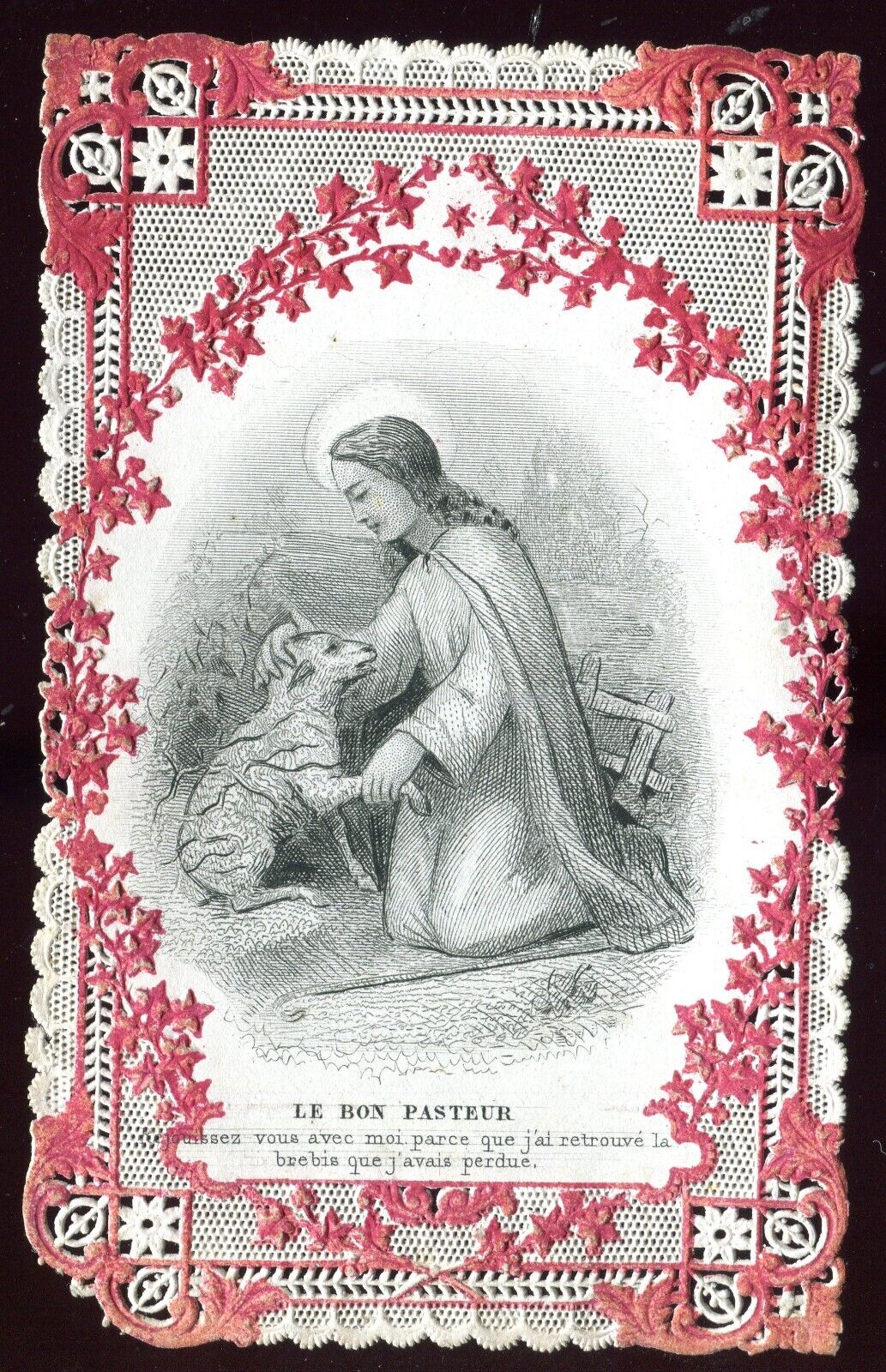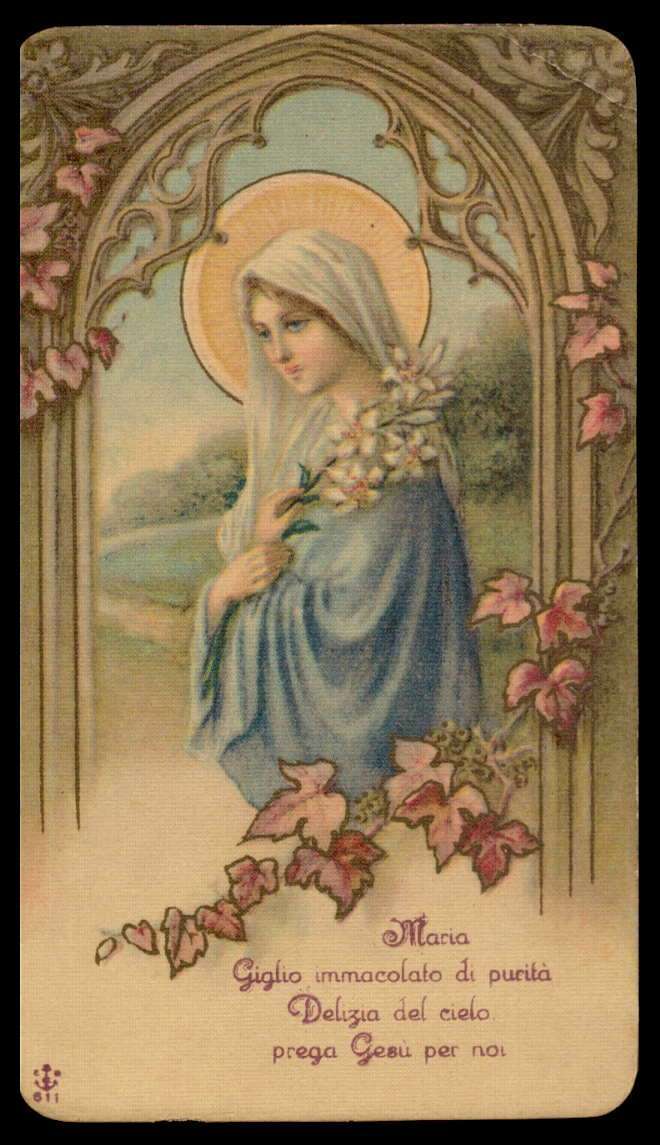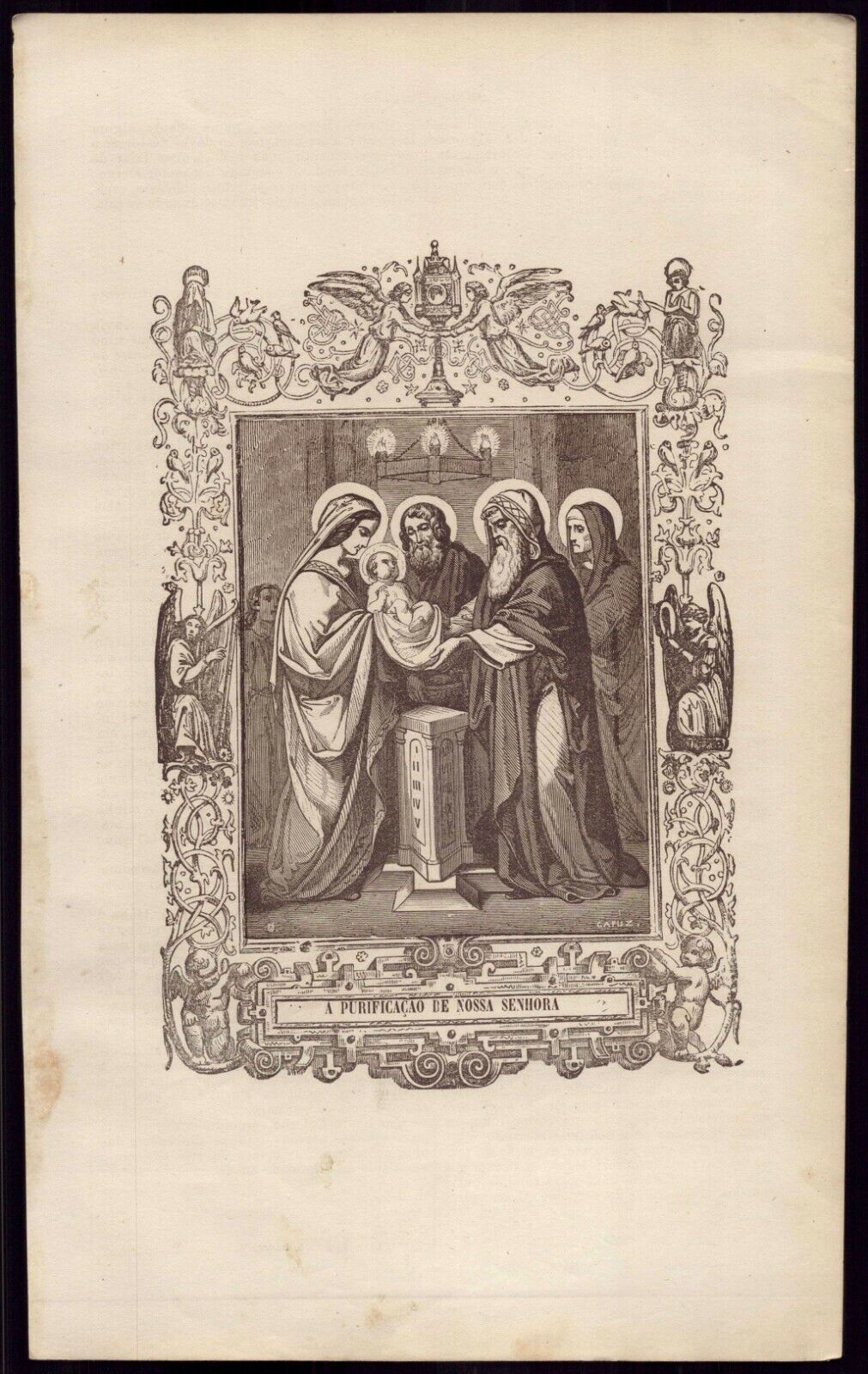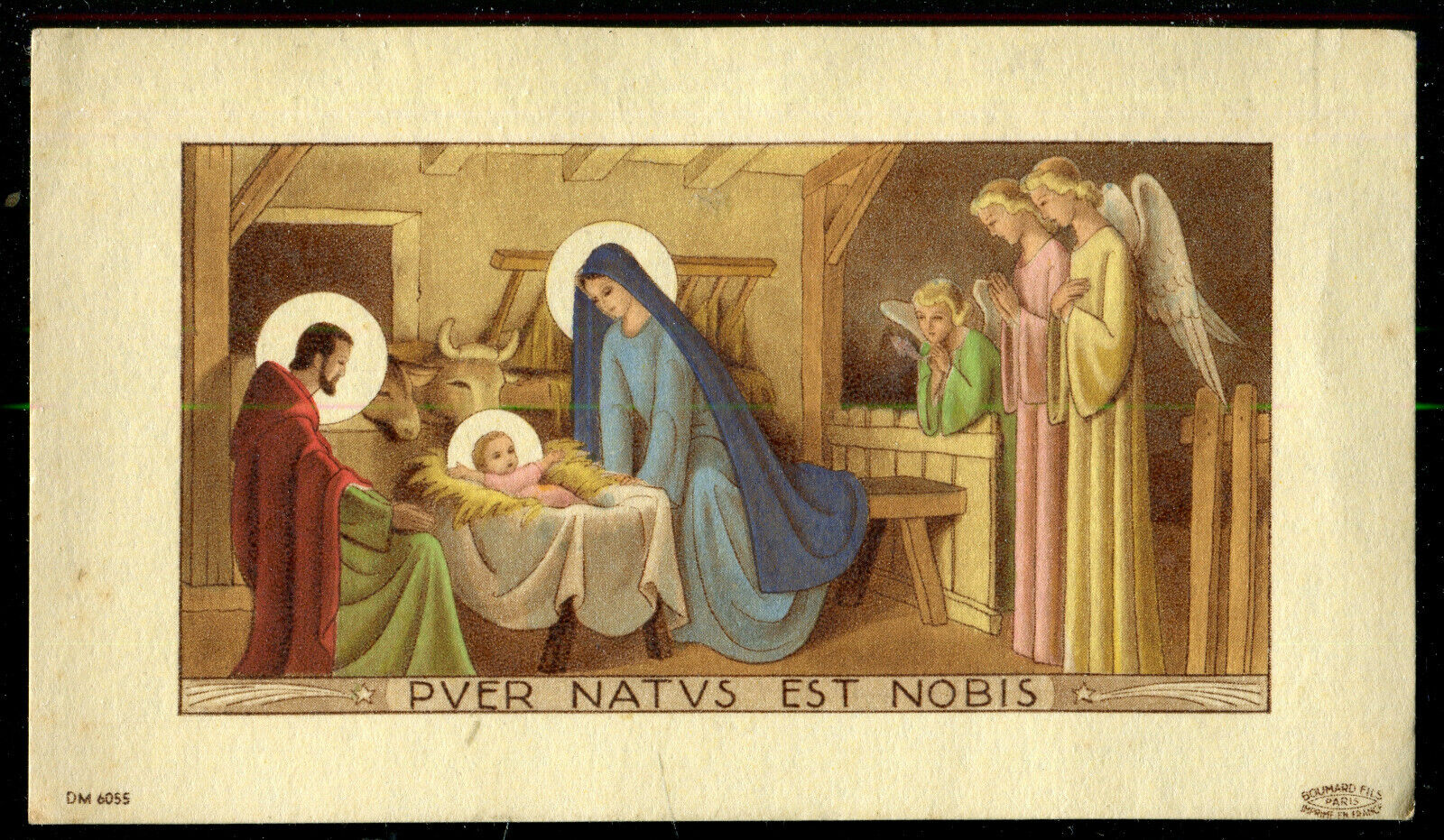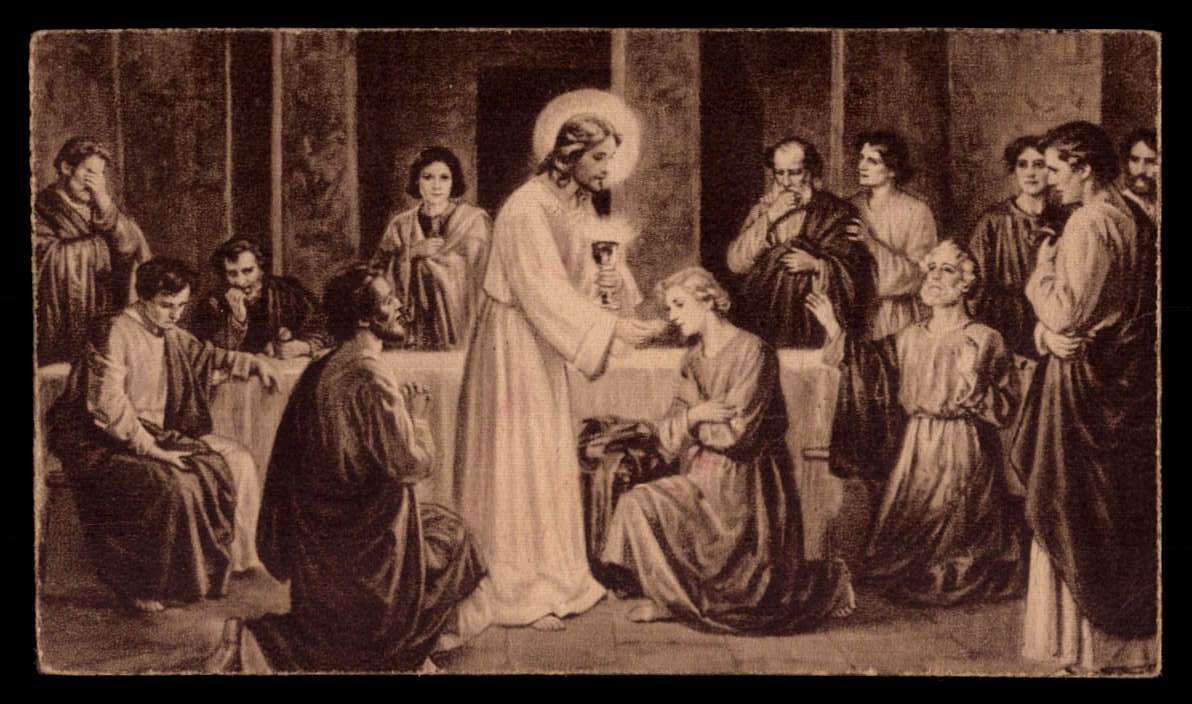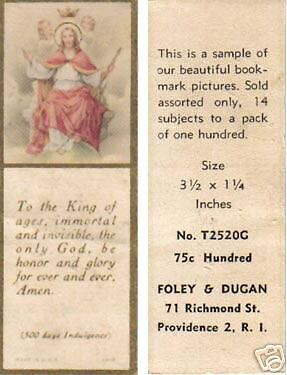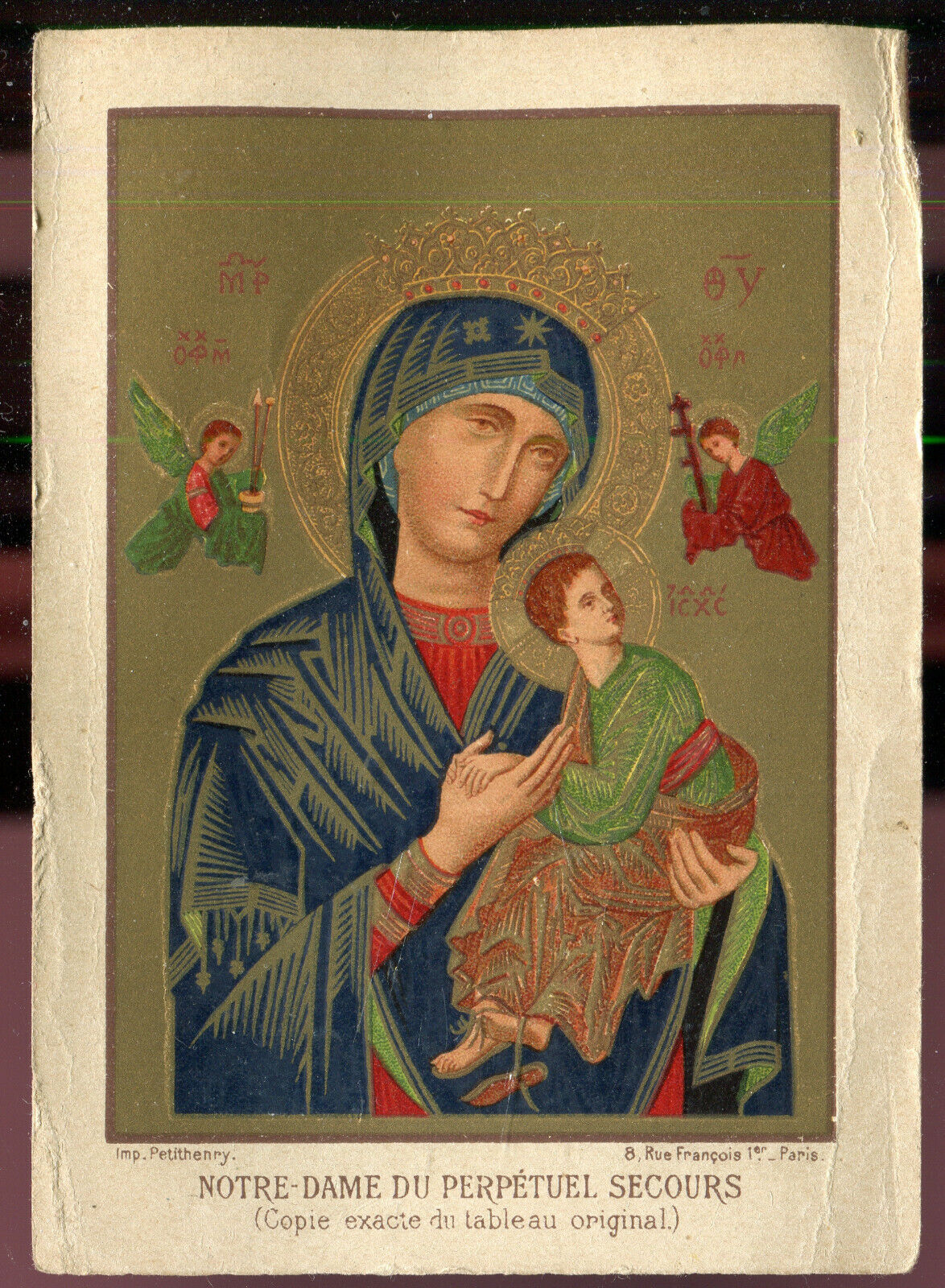-40%
Holy Card of St. Cardinal John Henry Newman & a 1" Silver Oxid Medal of St. John
$ 2.61
- Description
- Size Guide
Description
Laminated Holy Card (4.50" X 3.50") of Saint Cardinal John Henry Newman Plus a 1" Silver Oxidized Medal of Saint John Henry Newman. The medal has the image of the Cardinal Saint on one side and pray for us on the reverse.John Henry Newman (21 February 1801 – 11 August 1890) was an English theologian, scholar and poet, first an Anglican priest and later a Catholic priest and cardinal, who was an important and controversial figure in the religious history of England in the 19th century. He was known nationally by the mid-1830s, and was canonized as a saint in the Catholic Church in 2019.
Originally an evangelical Oxford University academic and priest in the Church of England, Newman became drawn to the High-Church tradition of Anglicanism. He became one of the more notable leaders of the Oxford Movement, an influential and controversial grouping of Anglicans who wished to return to the Church of England many Catholic beliefs and liturgical rituals from before the English Reformation. In this, the movement had some success. After publishing his controversial "Tract 90" in 1841, Newman later wrote, "I was on my death-bed, as regards my membership with the Anglican Church". In 1845 Newman, joined by some but not all of his followers, officially left the Church of England and his teaching post at Oxford University and was received into the Catholic Church. He was quickly ordained as a priest and continued as an influential religious leader, based in Birmingham. In 1879, he was created a cardinal by Pope Leo XIII in recognition of his services to the cause of the Catholic Church in England. He was instrumental in the founding of the Catholic University of Ireland (CUI) in 1854, although he had left Dublin by 1859. CUI in time evolved into University College Dublin.
Newman was also a literary figure: his major writings include the Tracts for the Times (1833–1841), his autobiography Apologia Pro Vita Sua (1865–1866), the Grammar of Assent (1870), and the poem The Dream of Gerontius (1865), which was set to music in 1900 by Edward Elgar. He wrote the popular hymns "Lead, Kindly Light", "Firmly I believe, and truly" (taken from Gerontius), and "Praise to the Holiest in the Height" (taken from Gerontius).
Newman's beatification was officially proclaimed by Pope Benedict XVI on 19 September 2010 during his visit to the United Kingdom. His canonization was officially approved by Pope Francis on 12 February 2019, and took place on 13 October 2019.
He is the fifth saint of the City of London, behind Thomas Becket (born in Cheapside), Thomas More (born on Milk Street), Edmund Campion (son of a London book seller) and Polydore Plasden (of Fleet Street).
Newman was born on 21 February 1801 in the City of London, the eldest of a family of three sons and three daughters. His father, John Newman, was a banker with Ramsbottom, Newman and Company in Lombard Street. His mother, Jemima (née Fourdrinier), was descended from a notable family of Huguenot refugees in England, founded by the engraver, printer and stationer Paul Fourdrinier. Francis William Newman was a younger brother. His younger sister, Harriet Elizabeth, married Thomas Mozley, also prominent in the Oxford Movement. The family lived in Southampton Street (now Southampton Place) in Bloomsbury and bought a country retreat in Ham, near Richmond, in the early 1800s.
At the age of seven Newman was sent to Great Ealing School conducted by George Nicholas. There George Huxley, father of Thomas Henry Huxley, taught mathematics, and the classics teacher was Walter Mayers. Newman took no part in the casual school games. He was a great reader of the novels of Walter Scott, then in course of publication, and of Robert Southey. Aged 14, he read skeptical works by Thomas Paine, David Hume and perhaps Voltaire.
The general rule among Roman Catholics is to celebrate canonized or beatified persons on the date of their dies natalis, the day on which they died and are considered born into heaven. However, Newman's dies natalis is 11 August, the same day as the obligatory memorial of Saint Claire of Assisi in the General Roman Calendar which would take precedence. Thus, once Newman was beatified, the Congregation of the Oratory and the Catholic Bishops' Conference of England and Wales opted to place Newman's optional memorial on 9 October, the date of his conversion to Catholicism. The reason that 9 October was chosen is because "it falls at the beginning of the University year; an area in which Newman had a particular interest."
Even though Newman has now been canonized, it has not yet been determined whether his memorial will or will not be placed on the General Roman Calendar or other particular calendars and the date that would be chosen for those celebrations.
John Henry Newman is remembered in the Church of England with a commemoration on 11 August.
In 1991, Newman was proclaimed venerable by Pope John Paul II after a thorough examination of his life and work by the Congregation for the Causes of Saints.
In 2001, Jack Sullivan, an American deacon from Marshfield in Massachusetts, attributed his recovery from a spinal cord disorder to the intercession of Newman. The miracle was accepted by the Holy See for Newman's beatification, which Pope Benedict XVI announced on 19 September 2010 during a visit to Britain.
The approval of a further miracle at the intercession of Newman was reported in November 2018: the healing of a pregnant woman from a grave illness. The decree approving this miracle was authorized to be promulgated on 12 February 2019.
On 1 July 2019, with an affirmative vote, Newman's canonization was authorized and the date for the canonization ceremony was set for 13 October 2019.
Newman was canonized on 13 October 2019, by Pope Francis, in St. Peter's Square. The ceremony was attended by Charles, Prince of Wales, representing the United Kingdom.



